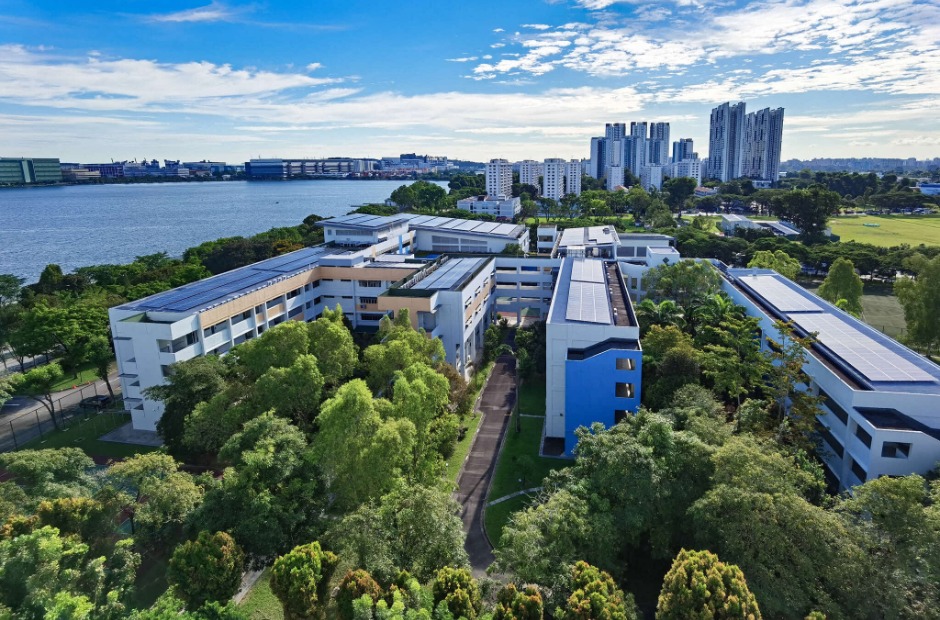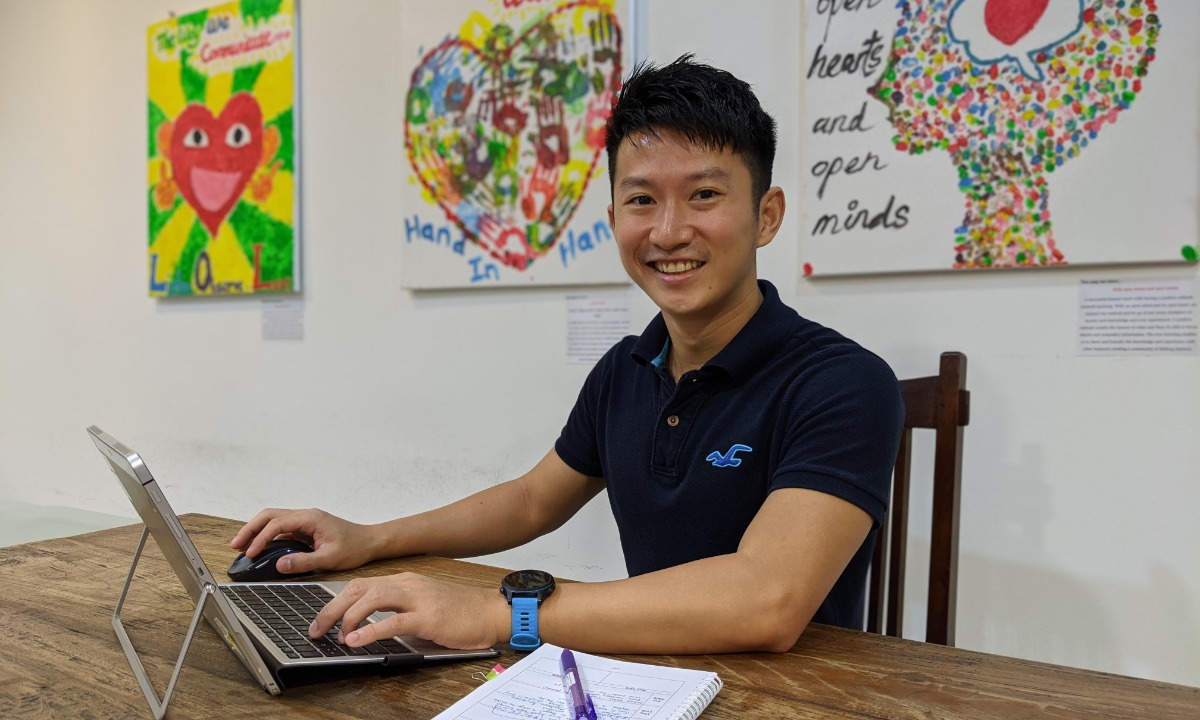Care and Counsel for Pupils in Need
12 May 2011
After placing his order, a pupil takes out his student card and passes it to the food stall operator. She scans the card with a card reader linked to a laptop and hands it back to the pupil before he picks up his tray of food to join his friends at a table nearby.
It may seem old hat to some, but Blangah Rise Primary School has found student cards to be an effective way of harnessing technology to lend a helping hand. Introduced in early 2011 to give pupils the convenience of cashless payment, the Automated Breakfast Electronic Coupon (ABEC) comes with an added bonus: a top-up of the School Breakfast Fund from the usual $1 to $1.20 for every child in MOE’s Financial Assistance Scheme (FAS).
By doing away with the hassle of issuing paper coupons, ABEC gives the school a more efficient means of administering its resources and ensuring that each child starts the day with a hearty and healthy breakfast.
Giving every pupil a shot at school
For pupils in need, the School Breakfast Fund and the 20-cent top-up, which comes from the School Advisory Committee fund, is just one of many avenues of support available at Blangah Rise Primary School, which strives to ensure that no child is denied educational opportunities due to financial constraints. For instance, every pupil under FAS benefits from subsidies to join enrichment programmes such as digital media workshops, creative writing classes and sports coaching sessions. The goal of these support schemes is that all pupils, be it a promising footballer or one who excels in Math Olympiads, receive the help they need to fulfil their individual potential.

Blangah Rise Primary School adopts a whole school approach to help draw pupils with attendance issue back to school.
To ensure that no pupil has trouble getting to school to attend classes and take part in other activities, their daily ride on the bus or MRT is also taken care of. “The transport allowance is a scheme that subsidises the transportation fees of pupils on FAS who take public transport,” explained Ms Tengku Nur Annissa, HOD for Pupil Management. “This is done through the topping up of the pupils’ EZ-Link cards.” The sum provided is based on the child’s estimated monthly cost of travelling to and from school via public transport.
“Cost should not be an issue to stop pupils from coming to school or deprive them of opportunities,” added Ms Tengku Nur Annissa. “The school devises ways to help lighten the financial burden of families who may have financial difficulties.”
Reaching out to and through families
There is, however, one caveat where the transport allowance is concerned. Pupils must achieve a minimum attendance rate of 75% and maintain this rate to qualify for the transport subsidy.
Ms Tengku Nur Annissa explained that the criterion was based on the observation that absenteeism is more prevalent among pupils from lower-income families. Hence, the school wanted to use this element of financial assistance to encourage pupils to be more regular in attending classes.
“We adopt a whole-school approach where members of the staff, counsellors, school leaders and even administrative staff proactively engage the pupils and more importantly, their families, to draw them back to school,” she added.

The school offers financial help and social support for lower income families so that each pupil can develop to his fullest potential.
For instance, the school counsellor would meet pupils with severe gaps in school attendance to learn the reasons for the absenteeism. The school’s Parent Support Group also chips in actively, with parenting talks and meetings where members share with other parents tips such as how to work out a timetable for their children.
In some cases, teachers even visit the pupils at their homes to better understand their needs. Families with pressing financial and other challenges would be referred to relevant social welfare agencies such as Tanjong Pagar Family Service Centre, which provides financial counselling to families, and Beyond Social Services for after-school care and pupil counselling services.
Relating the experience of one family the school recently helped, Ms Tengku Nur Annissa described a single-parent household with three children on FAS. The trio had often skipped classes, which prompted a visit by the teachers. “After we made a home visit, two of the children started coming to school regularly, and their respective form teachers provided syllabus support to make up for lost time,” said Ms Tengku Nur Annissa.
The eldest child, however, had formed a psychological aversion to school, so the teachers roped in additional help. “We referred him to an external agency and the counsellor made a home visit to find out his concerns and allay his fears,” she recalled. At the same time, the boy’s teacher maintained close contact with his mother, offering practical tips on managing the family to support her efforts and boost her confidence.
Such cases may not be common, but Blangah Rise Primary School has made it a point to show that every pupil, regardless of means, is valued and has the chance to make the most out of life in school. It’s a conviction that is carried through all levels, from the challenge of families with complex financial and emotional difficulties to addressing basic but nonetheless essential needs such as breakfast and a worry-free bus ride.






